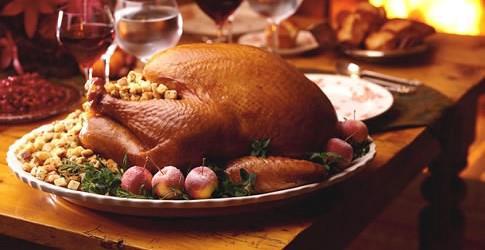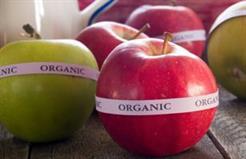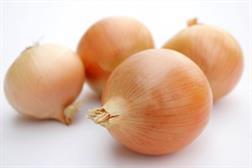Three Easy Eco-Friendly Thanksgiving Tips

Even though it seems like we just finished handing out candy to all of those cute trick-or-treaters, Thanksgiving really is almost upon us. While originally meant to be a day when we are supposed to be thankful for the good things in our lives, Thanksgiving has become one of the more wasteful holidays of the year. But that doesn’t have to be the case for you and your family this year.
Here are a few eco-friendly Thanksgiving tips designed to help you spend a more thankful, cleaner, and “greener” Thanksgiving.
Stay Home
One of the busiest days of the year for some restaurants is Thanksgiving. While it might be tempting to skip the many hours of cooking and make reservations for your Thanksgiving day meal, it might actually be more sensible to stay home. By the time you wrangle everyone in your family to actually get in the car, fight through the traffic to get to your destination, and fork out all of that money on a meal that costs you way more than what you would have spent on food you cooked at home, how much will you really be thankful for? Instead, save your sanity and lower your carbon footprint by working together as a team to produce a delicious, home-cooked meal.
Choose Your Food Carefully
Organic, locally-grown food is a great choice for any meal. When you choose vegetables that aren’t sprayed with pesticides, you’re doing your body a big favor. If you can’t buy everything organic, use the Dirty Dozen/Clean Fifteen guidelines.
Quick Organic for Thanksgiving Summary:
Buy Organic Apples
The following fruits and vegetables are known to have higher than average levels of pesticides and you absolutely should buy organic options:
- Apples

- Celery
- Bell Peppers
- Lettuce
- Potatoes
Onions: Organic Optional
The following vegetables are organic optional (lowest in pesticides), but still feel free to buy organic if the price is reasonable to you:
- Onions

- Sweet Corn
- Sweet Potatoes
- Mushrooms
(Want the full list of fruits and veggies you should definitely buy organic? check out the Clean Fifteen, Dirty Dozen list)
On the protein side of your meal, meat from animals that isn’t raised on artificial hormones is healthy and it often tastes much better. So, support the local farmers in your area who take the time to produce food that’s more cost-effective for them and better for you.
Reduce, Reuse, Recycle
Yes, the three R’s are important! When you’re shopping, be sure to remember your reusable shopping bags. And pick out food that comes in recyclable containers. If you use disposable plates, make sure to buy compostable or recyclable options. Reuse cups and plates, if you can. And of course, minimize your waste.
And if you are feeling very eco-friendly, you can do your part this year by starting a compost pile with your leftover scraps of food. Composting is great because you can use it in the spring to enrich the soil of your garden. It also limits the amount of trash you throw out.
This year your Thanksgiving can be a little bit better by just doing a few simple things to make the world a nicer place to live. And that’s truly something to be thankful for!
